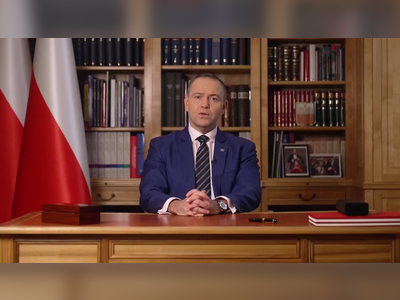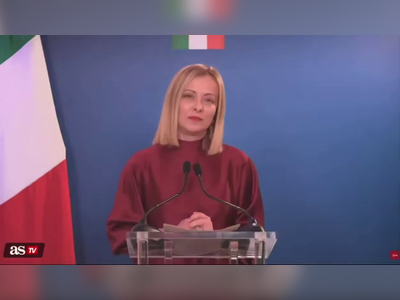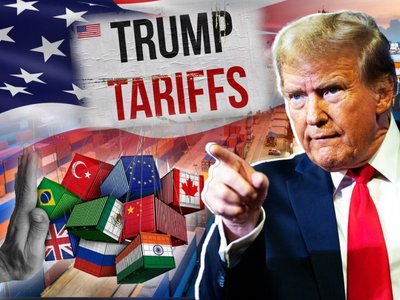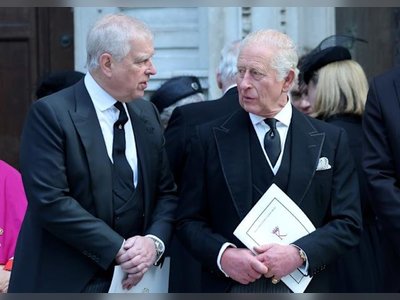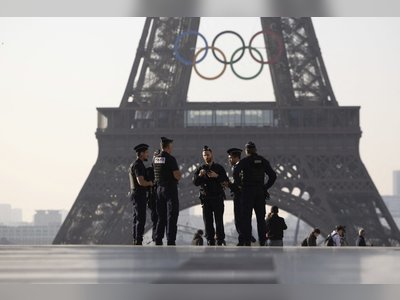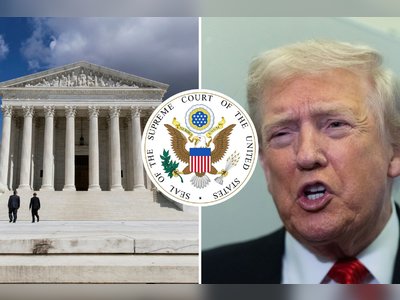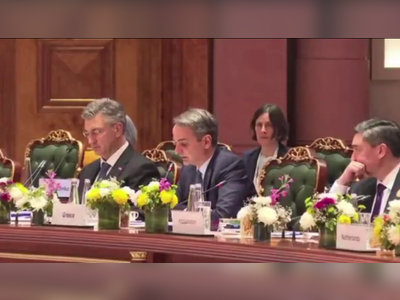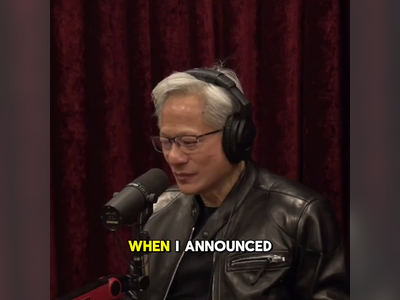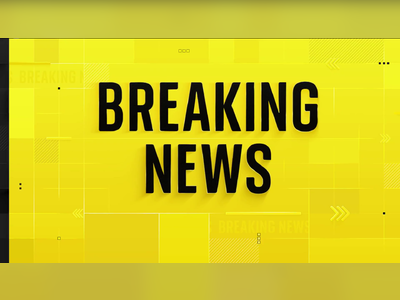Italy's Strategic Deliberations: Military Aid to Ukraine Amidst Global Shifts
As geopolitical sands shift, Italy navigates its alliances and military support for Ukraine in a tense global landscape.
Italy stands at a critical juncture in its commitment to military support for Ukraine.
As the government finalizes its decree to extend military aid until 2025, with the tenth weapons package on the horizon, this decision holds significant ramifications both domestically and internationally.
The package expands to include crucial air defense munitions and the Italian-French Aster missiles, pivotal for bolstering Ukraine's defenses against Russian aggression.
Prime Minister Giorgia Meloni faces complex considerations at Palazzo Chigi.
Alongside Defense Minister Guido Crosetto, she contemplates expediting the 'Ukraine Decree' to Parliament by December.
This timeline, while technically driven by an already burdened legislative agenda, intersects with the advent of significant political developments in the United States, where Donald Trump is poised to potentially re-enter the White House with promises to alter America’s current stance on Ukraine significantly.
Within Italy, Meloni's administration grapples with maintaining a delicate balance—supporting Ukraine while managing internal and European political alliances.
This cohesion is tested by figures like Hungary's Viktor Orban, whose contrarian stance on Ukraine threatens to disrupt upcoming EU deliberations.
Yet, Meloni reassures that Italy remains staunchly pro-NATO, evidenced by an increase in funding for NATO operations and a new assortment of military supplies for Ukraine.
The tangible actions reflect a government that, at least on paper, aligns with NATO's broader objectives.
This includes proactive troop support and strategic intelligence via Italian satellite systems to aid Ukraine’s defense.
However, logistical constraints, such as the limited availability of the sophisticated Samp-T missile batteries, dictate the extent of Italy’s contributions.
While domestic political factions like Matteo Salvini's Lega outwardly support the military aid, ideological tensions simmer beneath the surface.
They await the test of unity that the upcoming parliamentary resolutions and European Council meetings will inevitably provide.
Meanwhile, Italy's strategic decisions regarding military support continue to ripple across both sides of the Atlantic, all with the shadow of impending US political shifts looming large.
As the world watches, Italy’s actions over the coming months may well set a precedent in its foreign policy trajectory, shaping both its national interests and its role within the broader European security framework.
The ultimate question remains: how will Italy’s decisions today impact its alliances and geopolitical standing tomorrow?
As the government finalizes its decree to extend military aid until 2025, with the tenth weapons package on the horizon, this decision holds significant ramifications both domestically and internationally.
The package expands to include crucial air defense munitions and the Italian-French Aster missiles, pivotal for bolstering Ukraine's defenses against Russian aggression.
Prime Minister Giorgia Meloni faces complex considerations at Palazzo Chigi.
Alongside Defense Minister Guido Crosetto, she contemplates expediting the 'Ukraine Decree' to Parliament by December.
This timeline, while technically driven by an already burdened legislative agenda, intersects with the advent of significant political developments in the United States, where Donald Trump is poised to potentially re-enter the White House with promises to alter America’s current stance on Ukraine significantly.
Within Italy, Meloni's administration grapples with maintaining a delicate balance—supporting Ukraine while managing internal and European political alliances.
This cohesion is tested by figures like Hungary's Viktor Orban, whose contrarian stance on Ukraine threatens to disrupt upcoming EU deliberations.
Yet, Meloni reassures that Italy remains staunchly pro-NATO, evidenced by an increase in funding for NATO operations and a new assortment of military supplies for Ukraine.
The tangible actions reflect a government that, at least on paper, aligns with NATO's broader objectives.
This includes proactive troop support and strategic intelligence via Italian satellite systems to aid Ukraine’s defense.
However, logistical constraints, such as the limited availability of the sophisticated Samp-T missile batteries, dictate the extent of Italy’s contributions.
While domestic political factions like Matteo Salvini's Lega outwardly support the military aid, ideological tensions simmer beneath the surface.
They await the test of unity that the upcoming parliamentary resolutions and European Council meetings will inevitably provide.
Meanwhile, Italy's strategic decisions regarding military support continue to ripple across both sides of the Atlantic, all with the shadow of impending US political shifts looming large.
As the world watches, Italy’s actions over the coming months may well set a precedent in its foreign policy trajectory, shaping both its national interests and its role within the broader European security framework.
The ultimate question remains: how will Italy’s decisions today impact its alliances and geopolitical standing tomorrow?
Translation:
•
Translated by AI
AI Disclaimer: An advanced artificial intelligence (AI) system generated the content of this page on its own. This innovative technology conducts extensive research from a variety of reliable sources, performs rigorous fact-checking and verification, cleans up and balances biased or manipulated content, and presents a minimal factual summary that is just enough yet essential for you to function as an informed and educated citizen. Please keep in mind, however, that this system is an evolving technology, and as a result, the article may contain accidental inaccuracies or errors. We urge you to help us improve our site by reporting any inaccuracies you find using the "Contact Us" link at the bottom of this page. Your helpful feedback helps us improve our system and deliver more precise content. When you find an article of interest here, please look for the full and extensive coverage of this topic in traditional news sources, as they are written by professional journalists that we try to support, not replace. We appreciate your understanding and assistance.

